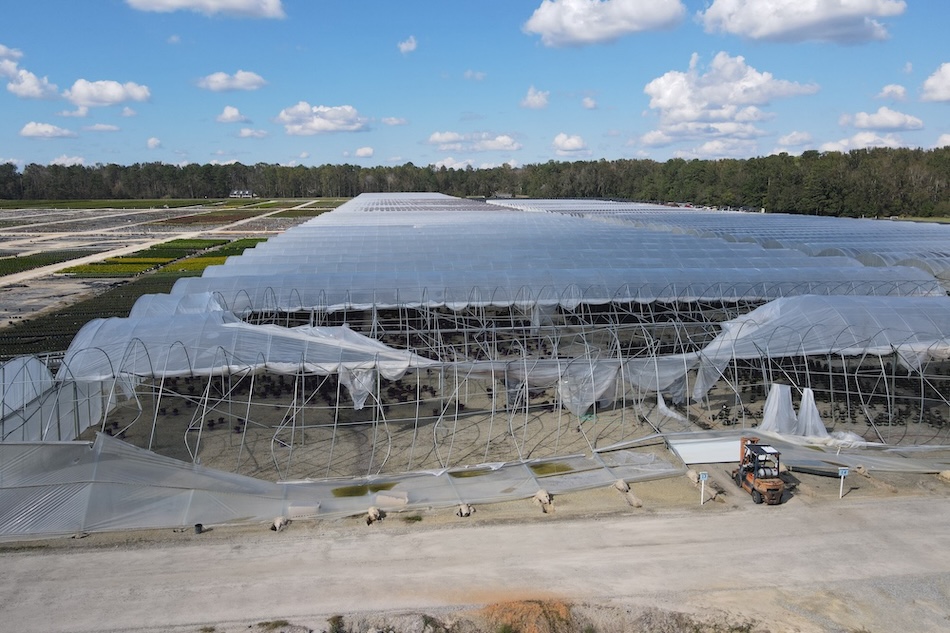 CAES News
CAES News
Advances in Food Science and Safety
At UGA, researchers are striving to supply not only an abundance of food for a growing population, but to ensure the safety and quality of that food supply. Faculty discover new ways to minimize pathogens, increase safety practices, and bring innovative products to market by exploring the following topics:
- Food Safety
- Nutrition and Quality
- Food Science Advances
- Impacts for Consumer Behavior
Ensuring Quality
Pecan research to help Georgia producers meet demand
The international popularity of pecans is trending upward, but more reliable measures for guaranteeing quality during storage are needed to meet demand in Georgia, the top state for pecan production.



